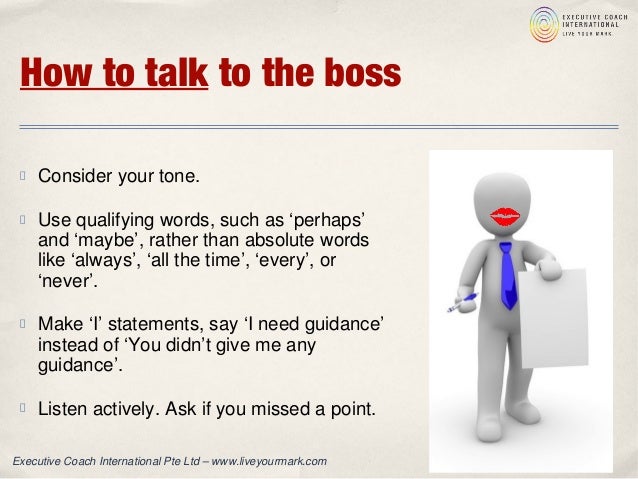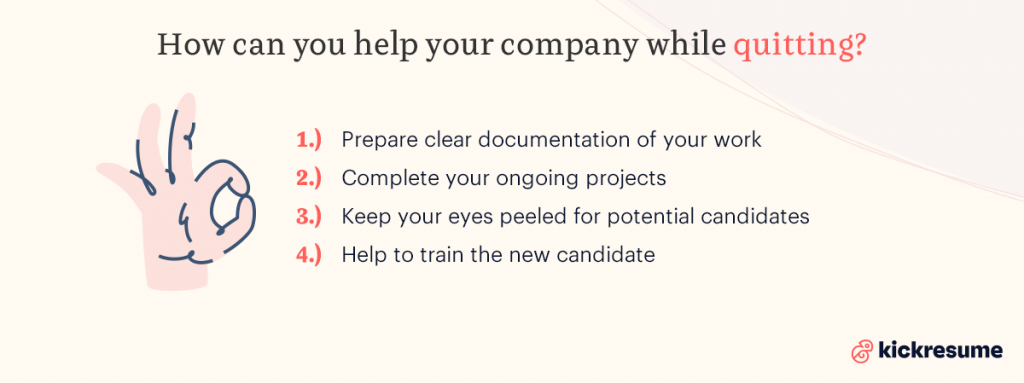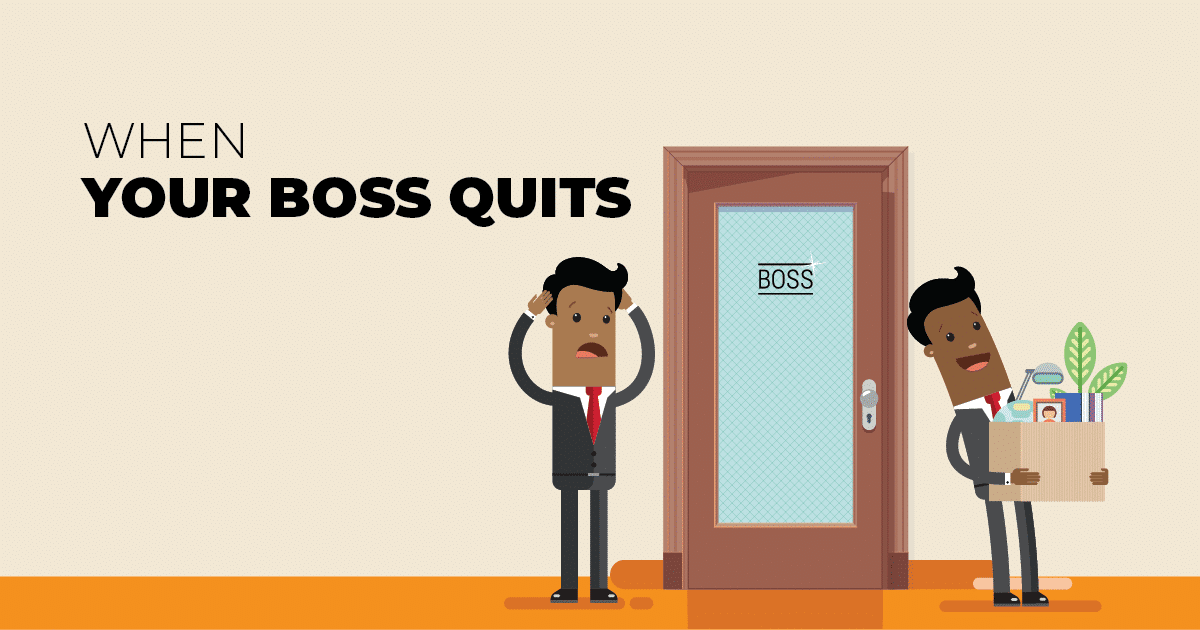How To Talk To Your Boss About Quitting

The moment of resignation, often a culmination of careful consideration and perhaps some trepidation, is a pivotal career transition. It’s more than simply informing your employer you’re leaving. It's a professional dialogue that, if handled thoughtfully, can preserve relationships, protect your reputation, and pave the way for future opportunities.
This article serves as a guide on navigating this delicate conversation. We'll break down the essential steps to ensure a smooth and respectful departure. We'll also explore strategies for preparing for the discussion, delivering your resignation gracefully, and managing the aftermath, based on expert advice and industry best practices.
Preparation is Key: Laying the Groundwork
Before even scheduling the meeting, self-reflection is paramount. Understand your reasons for leaving and be prepared to articulate them succinctly if asked. This isn't the time for a laundry list of grievances; focus on positive growth opportunities or a better fit elsewhere.
Solidify your next steps. Have a firm job offer in hand before tendering your resignation, advised the Society for Human Resource Management (SHRM). This mitigates the risk of being unemployed should something unforeseen occur with your new position.
Consider the timing of your announcement carefully. Avoid delivering the news during particularly stressful periods for your boss or the team, such as during a major project deadline. Schedule a private, one-on-one meeting to ensure a respectful and focused conversation.
The Conversation: Delivering the News Gracefully
Start by expressing your gratitude for the opportunities and experiences you've gained at the company. This sets a positive tone and demonstrates professionalism. Acknowledge the value you’ve received from your role and the people you worked with.
Clearly and concisely state your resignation. Avoid ambiguity; be direct and firm in your decision. For example, you might say: "I'm writing to inform you of my resignation from my position as [Your Job Title], effective [Your Last Day of Employment]."
Offer a reasonable notice period, typically two weeks. Confirm the notice period with your employment contract or HR policies. Be prepared to discuss a transition plan to ensure a smooth handover of your responsibilities.
"Leaving a company on good terms can be just as important as starting on the right foot. It's about maintaining relationships and protecting your professional reputation," says Lisa Orbé-Austin, PhD, a career psychologist and executive coach.
Be prepared for your boss's reaction. They might be surprised, disappointed, or even angry. Remain calm, professional, and respectful, regardless of their response. Listen attentively to their concerns and address them as best you can.
Managing the Aftermath: Transitioning Out Effectively
Offer your assistance in training your replacement or documenting your processes. This demonstrates your commitment to a smooth transition and reflects positively on your work ethic. Create a comprehensive handover document outlining your key responsibilities, ongoing projects, and relevant contacts.
Maintain a positive attitude during your remaining time. Avoid engaging in gossip or negativity. Focus on completing your tasks and ensuring a seamless handover.
Exit interviews are a common practice. Use this opportunity to provide constructive feedback about your experience at the company. Be honest but tactful, and avoid personal attacks or inflammatory language.
Resist the urge to badmouth your employer, either during the meeting or after your departure. Focus on the positive aspects of your new opportunity. Maintain professionalism and protect your reputation in the industry.
Looking Ahead: Building Bridges for the Future
The way you handle your resignation can have lasting repercussions on your career. A well-managed departure can solidify your professional network. It may even open doors for future collaborations or opportunities.
Stay in touch with former colleagues, especially those you've developed strong relationships with. Maintain your professional connections through platforms like LinkedIn. Nurturing these relationships can benefit you throughout your career.
Quitting a job is a significant decision. Approaching it with careful preparation, clear communication, and unwavering professionalism will not only ease the transition. It will also contribute to building a strong and sustainable career in the long run.
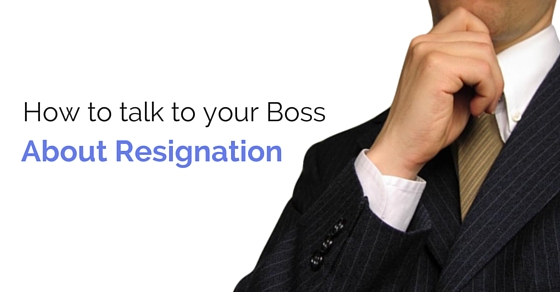



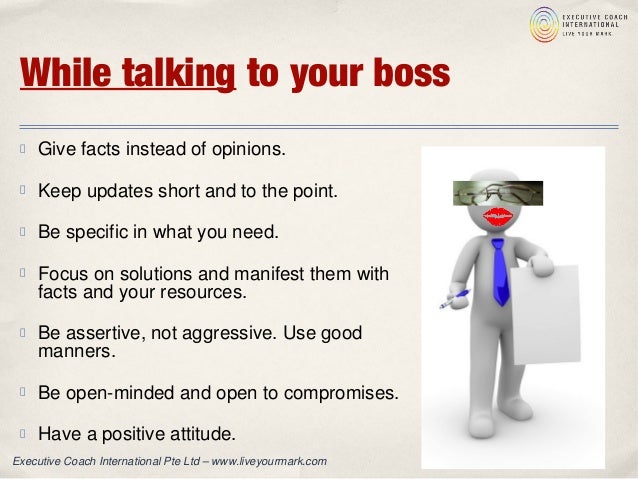
:max_bytes(150000):strip_icc()/how-to-tell-your-boss-you-re-quitting-your-job-2063035_FINAL-5b88037cc9e77c002cc6f46c.png)




